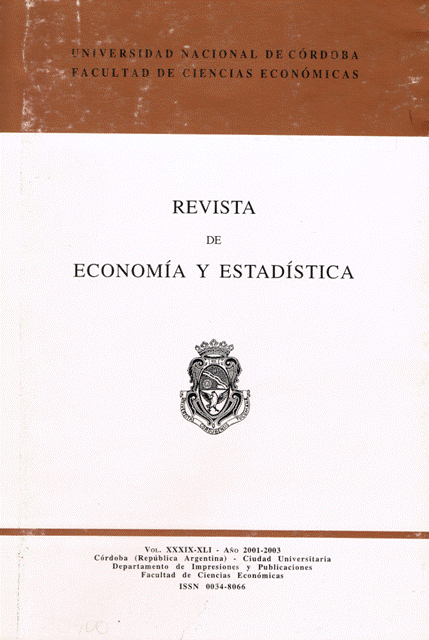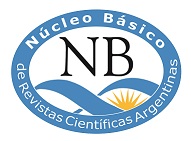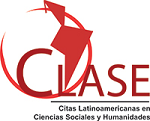El pensamiento económico en Argentina: aportes de Camilo Dagum
DOI:
https://doi.org/10.55444/2451.7321..v39.n1.3878Abstract
En el marco de la globalización contemporánea, una manera de conservar la identidad nacional es estudiar el pensamiento económico en la Argentina. A tal fin, el presente ensayo describe aportes selectos del Profesor Camilo Dagum a la teoría económica quién, desde su primer trabajo de investigación en 1949, ha publicado al menos un ensayo por año en revistas argentinas, alemanas, italianas, norteamericanas, mexicanas, francesas o españolas. En ellos ha abarcado diversos temas, sin embargo, existen tres extensas ramas en las cuales ha contribuído para el progreso de la teoría económica: la filosofía de las ciencias económicas, los aspectos teóricos y empíricos de la distribución funcional y personal del ingreso y la estimación monetaria del capital humano. A partir de ello, el propósito del ensayo es presentar cada una de éstas, y verificar la existencia de relaciones entre los mencionados temas.
Downloads
Downloads
Published
Issue
Section
License
Copyright (c) 2003 Juan Carlos Calcagno

This work is licensed under a Creative Commons Attribution-NonCommercial-NoDerivatives 4.0 International License.
Authors who have publications with this journal agree to the following terms:
Authors retain their copyright and grant the journal the right of first publication of their work, which is simultaneously subject to the Creative Commons Attribution-NonCommercial-NoDerivatives 4.0 International License that allows third parties to share the work provided that its author and first publication in this journal are indicated.
Authors may adopt other non-exclusive licensing arrangements for distribution of the published version of the work (e.g. depositing it in an institutional telematic archive or publishing it in a monographic volume) as long as the initial publication in this journal is indicated.
Authors are allowed and encouraged to disseminate their work via the Internet (e.g. in institutional telematic archives or on their website) before and during the submission process, which can lead to interesting exchanges and increase citations of the published work. (See The Open Access Effect)










